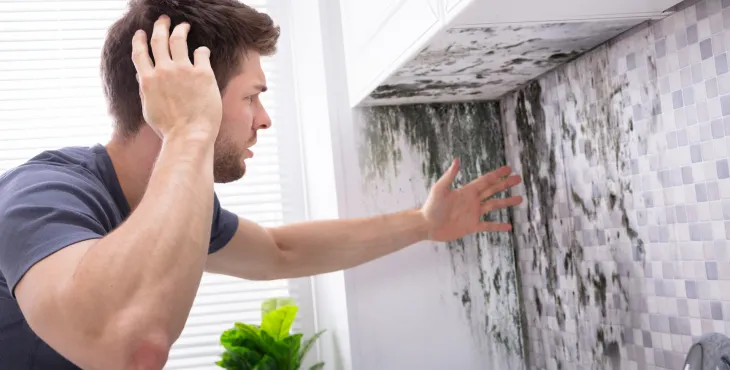
Warning Over the 'Toxic Mould' Scam
News of another scam has recently circulated around the country. It would seem that we already know everything about the scammers, and then they come up with another one - this time a toxic mould scam. By preying on people's fear of illness and damage to their homes, the scammers seeking to steal money or personal details. See what to expect and how to avoid being scammed.
What is 'toxic mould'
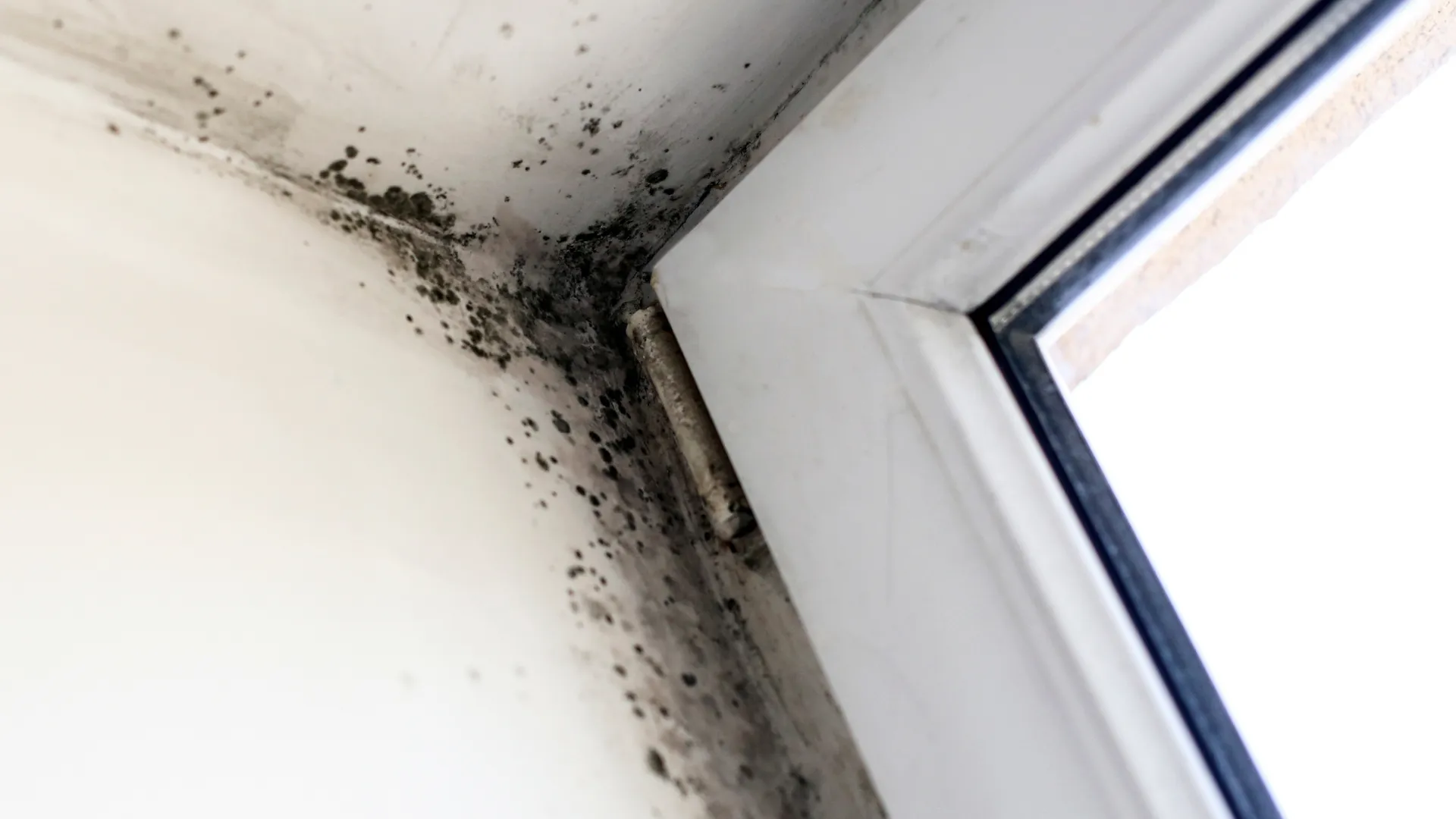
Toxic mould is a type of fungus that forms in moist, dark corners of homes and businesses. It can cause serious damage to the structure of a building if left unchecked, as well as dangerous health consequences to anyone who is exposed to it over an extended period.
In recent years, there has been an increase in reports of toxic mould infestations, making it important for homeowners and business owners to be aware of the potential risks this type of fungus can pose.
In order to treat a toxic mould infestation, the source must first be identified. Mould is likely to grow in areas where there is water damage or other moisture issues such as leaks from pipes or roofs, high humidity, or floods. It can also be found in damp basements, bathrooms, and kitchens. Once the source is identified and addressed, it is important to clean up any visible mould growth. This should be done by a professional who is trained in dealing with such things.
What is the toxic mould scam?
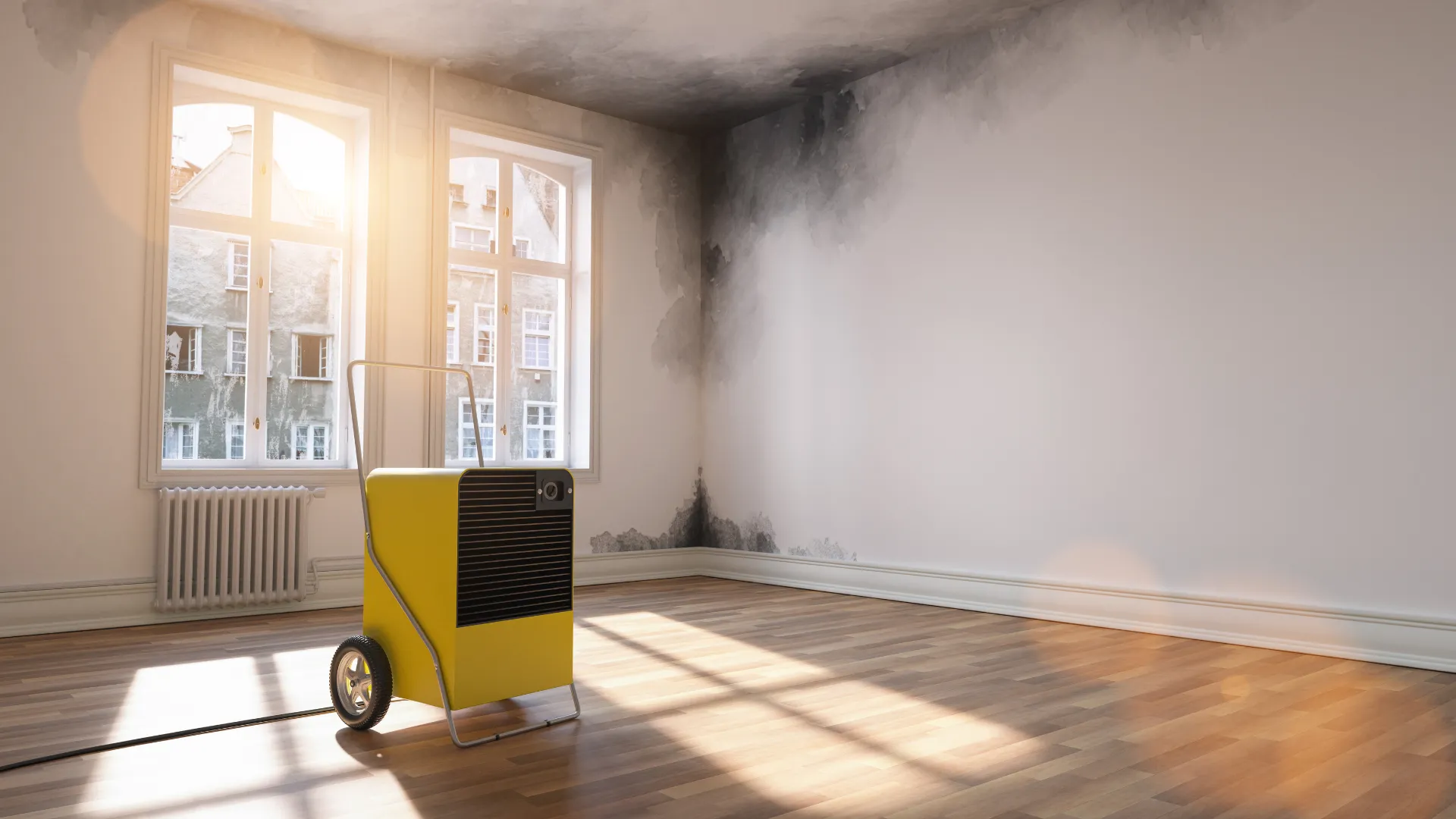
The toxic mould scam is a type of fraud perpetrated by unscrupulous contractors, often times using scare tactics to pressure unsuspecting homeowners into expensive and unnecessary mould remediation services. In this scam, the contractor will exaggerate or even outright fabricate the presence of toxic mould in a home, claiming that it can cause serious health issues such as allergies, asthma, and even cancer. This is simply not true, as exposure to toxic mould can cause health issues only in extreme cases.
The contractor's goal in this scam is typically to charge the homeowner exorbitant fees for services that are either unnecessary or ineffective. They may also try to deceive their customers by selling them expensive products such as air purifiers and dehumidifiers that are not scientifically proven to eliminate mould.
UK residents report that they have been getting a lot of cold calls recently from companies offering their services. You may encounter a variety of tactics. Some of these cold callers will offer free quotes and inspections. Others, on the other hand, will want a fee for it at the outset, only to scare you into coming to your home and extorting you out of your money. You need to know that these types of people will try to convince you that mould is in the walls and other materials, despite being invisible to the naked eye.
The high-profile case of the Glasgow schoolteacher who, just a short while later, would have lost £7,000 by cold callers who claimed to have found toxic mould in her loft.
As scammers attempted to pressure her into taking out a loan they had directed her to online, their scheme was thwarted when the woman's bank identified signs of fraud and immediately cancelled the transaction.
How to avoid falling for the toxic mould scam?
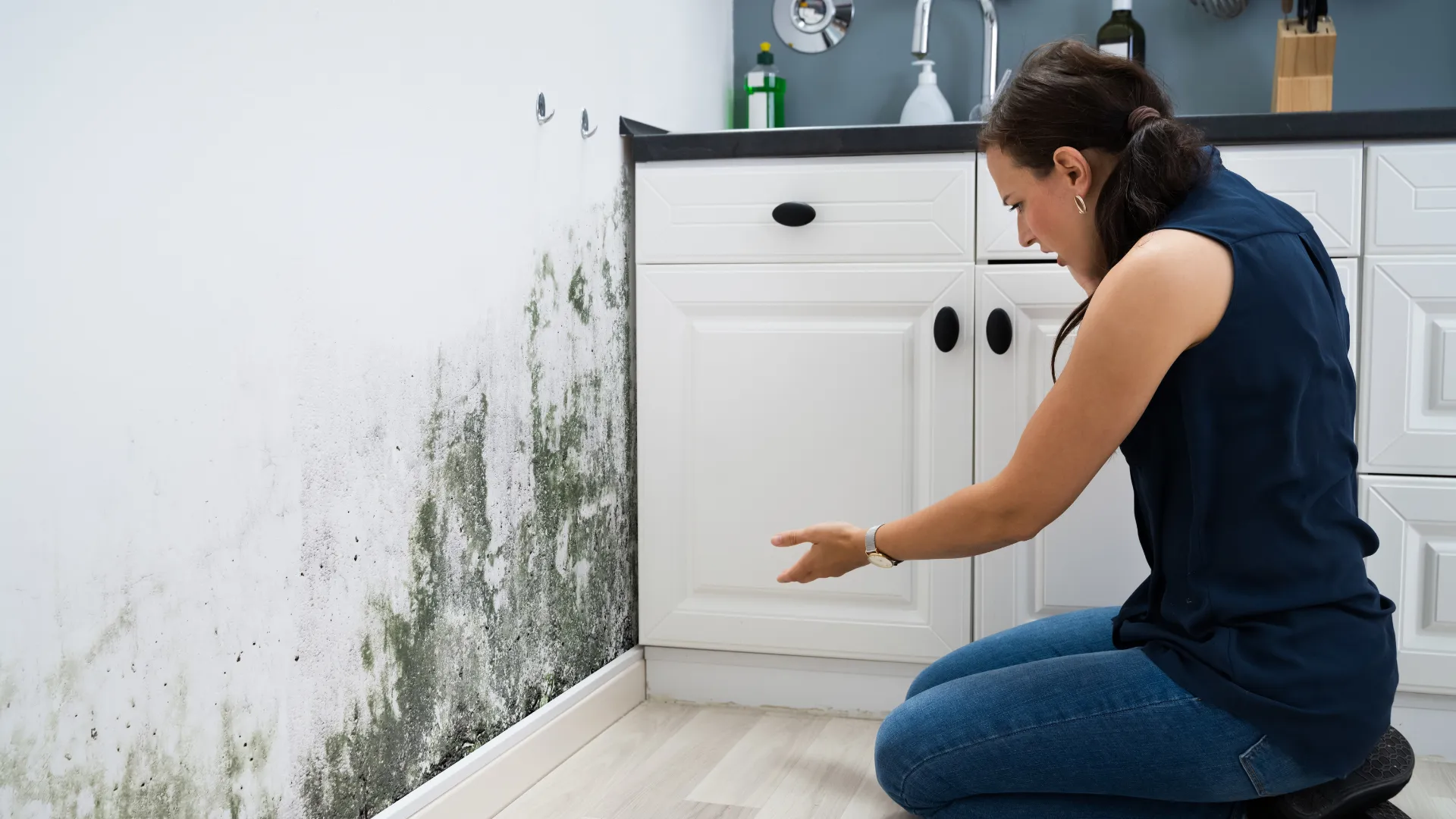
It is important to ask potential mould testing and remediation companies questions about their qualifications and experience:
- ask them if they are certified, insured and licensed;
- check reviews on the internet, people often share bad reviews, especially if the workmanship was poor quality or they had to pay more than they expected;
- ask them for references from past jobs and find out how long they have been in business;
- ask for written estimates and make sure to get them in writing;
- make sure that any testing that is done can be verified by a credible third party, such as an accredited laboratory;
- ask the company about their methods for removing mould, as well as their plan for preventing it from returning;
- never provide any personal details.
Warning signs to look out for
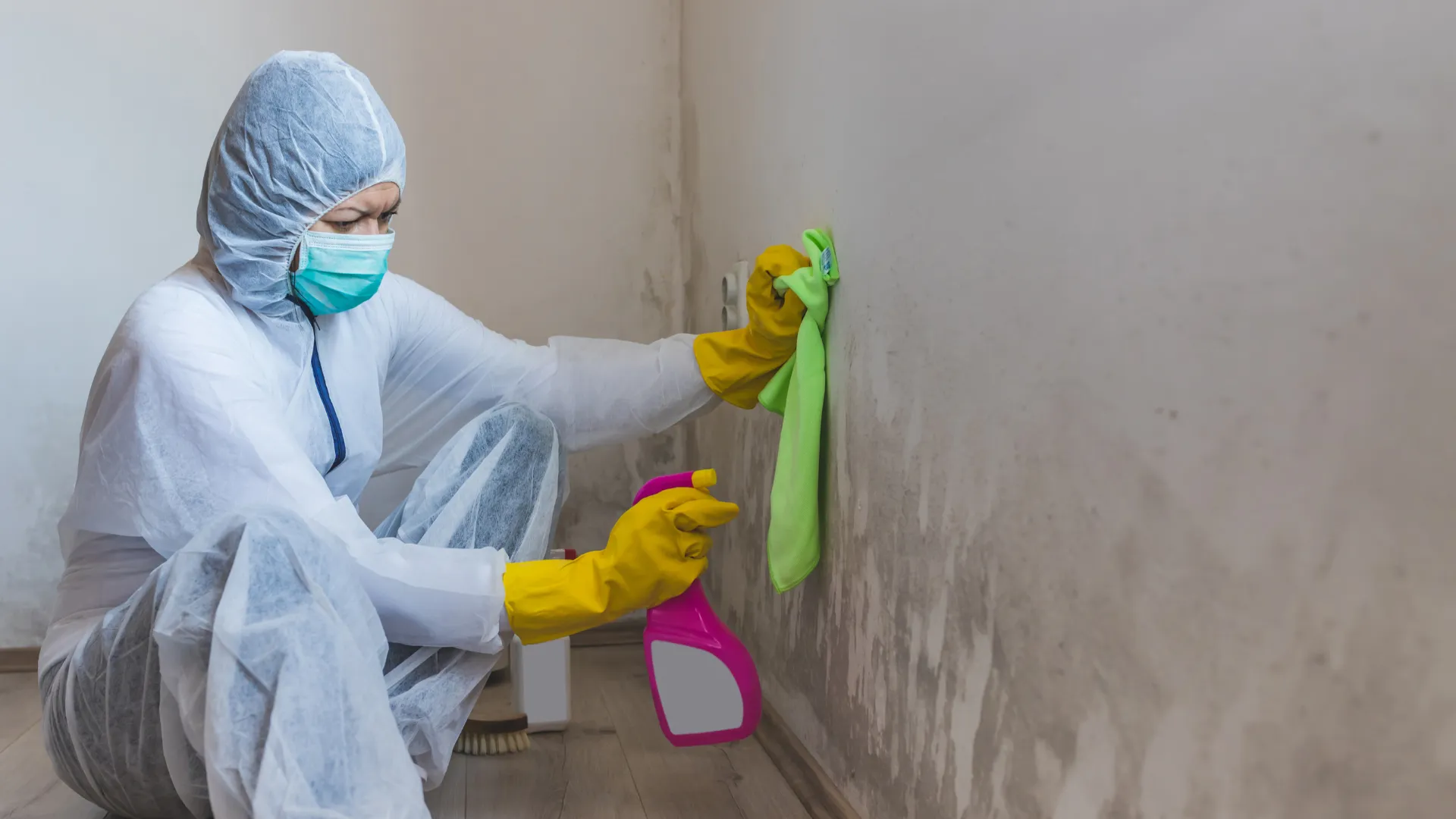
Homeowners should be wary of any contractor who uses high-pressure sales tactics to customers to get their home tested for mould. It is important to note that most certified industrial hygienists agree that testing is not necessary in most cases, as the presence of mould can usually be identified by simply visually inspecting an area. In addition, if a contractor recommends testing and then provides results indicating the need for expensive remediation services, it is important to verify these results with a second opinion, as they may be attempting to take advantage of a homeowner’s fear of mould.
Homeowners should also watch out for contractors who offer free inspections, as this is a common tactic used by scam artists. While there is nothing wrong with a free inspection in and of itself, it is important to be aware that the contractor may be attempting to sell additional services based on the results of the inspection. Furthermore, if a contractor offers free services, it is important to ask questions and ensure that the contractor has appropriate licensing before they begin any work.
Finally, it is important for homeowners to be aware of contractors who offer quick, inexpensive remediation services. While these services may seem attractive in the short term, they can often cause more harm than good, as they may not completely address the root problem. It is always best to find a reputable contractor who can properly assess and address any potential mould problems in a safe and effective manner.
Be aware of the scam

The most crucial thing is to be aware of these types of tactics.It is very important to inform neighbours, parents and grandparents about them. Scammers are exploiting elderly residents, parents of young children or poorer individuals who fear for their own health and that of their little ones. Scammers prey on people in cost of living crisis, who have problems with paying energy bills. Don't let toxic mould scammers for such behaviour.
If you want to check whether such inspections are being carried out in your area or you have a suspicion of fraud, contact Citizens Advice consumer helpline (0808 223 1133) or report it to Action Fraud.